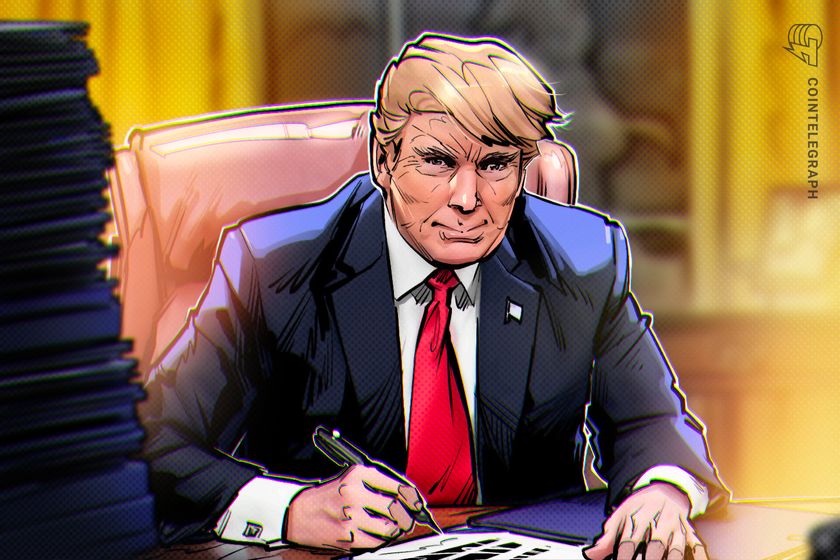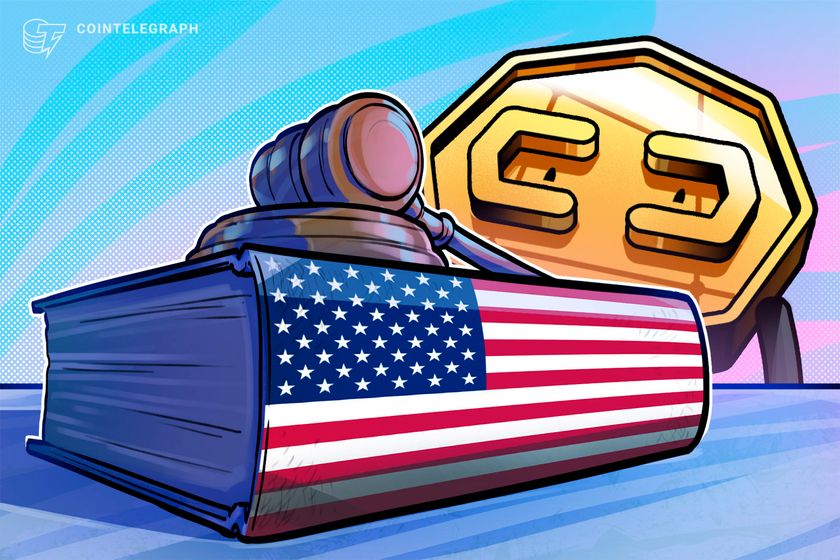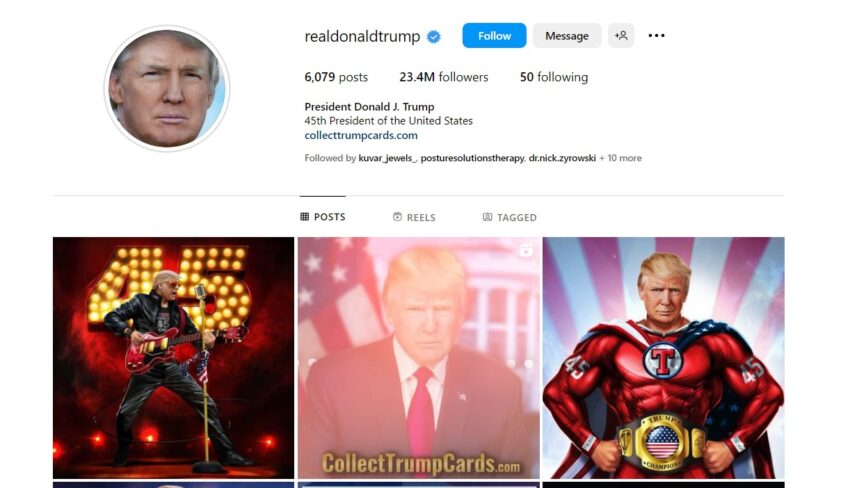2019-12-14 16:37 |
Coinspeaker
Relax Apple, Donald Trump Decides You’re Safe for Now
The investors in tech stock were pretty concerned this week since the infamous date of December 15 was approaching.
However, now they can relax a bit since on Thursday United States President Donald Trump signed off on a so-called phase one trade deal with China, averting the December 15 introduction of a new wave of U.S. tariffs on approximately $160 billion in consumer goods from Asia.
The deal presented to Trump by trade advisers Thursday included a promise by the Chinese to buy more agricultural goods from the U.S., as well as protect U.S. intellectual-property rights and allow wider access to China’s financial-services sector.
The terms have been agreed but the legal text has not yet been finalized. However, that said, let’s also mention that, at the time of writing, Apple stock went up by 0.5% to $272.81 at premarket trading.
Be it as it may, Apple investors (and users) can sigh with relief since it was signaled from some analysts that Apple was the most at risk to a new wave of tariffs.
Credit Suisse analysis showed that only in November this year iPhone shipments in China dropped 35.4% compared to the same period 2018. Chinese iPhone sales fell 10.3% year over year in October, making this the second straight month of double-digit percentage drops.
Since the launch of the iPhone 11 family, total shipments in China slumped 7.4% compared with last year and analysts added that “China iPhone revenue fell by >17.5% y/y over the past three months (Sept-Nov).”
If tariffs were to be raised by 15%, the cost of U.S. iPhone would grow approximately $70 per unit.
Analysts said:
“Our (and we believe investors’) base case continues to factor in a favorable resolution (i.e., no tariffs); however, we think Apple would have a difficult time pushing through tariff-related price increases to U.S. consumers (~35% of CY18 iPhone units, per Gartner) without a commensurate impact on demand.”
However, it seems that won’t happen soon. Leading Apple analyst Ming-Chi Kuo already in September predicted Chinese demand for the new iPhones would beat expectations.
He then said:
“The demand for iPhone 11 in the Chinese market is stronger than that in the U.S. market.”
When the new line launched in September, Chinese consumers had to pay a marked-up price, between 10.5% and 12.5% more, for the iPhone 11, and 18.6% to 23% more for the iPhone 11 Pro and Pro Max compared with U.S. prices.
However, knowing Apple, even if the tariffs would be imposed someday, Apple would most probably absorb the hit and avoid slowing sales momentum ahead of a critical iPhone upgrade cycle.
Bear in mind Apple is waiting for a big upgrade with its phones. We’re talking about unveiling its first 5G-capable handsets in fall 2020. If we consider the fact that previous models were being waited for months in China, and that AirPods, iWatch, and Mac products already successfully went through the first tariff wave, this doesn’t seem like a big deal for a tech giant.
Also, let’s not forget the fact that approximately 350 million of the 900 million iPhones previously bought by users, are due for an upgrade, and harming demand ahead of the reveal would endanger a rare opportunity.
Relax Apple, Donald Trump Decides You’re Safe for Now
origin »Bitcoin price in Telegram @btc_price_every_hour
TrumpCoin (TRUMP) íà Currencies.ru
|
|












